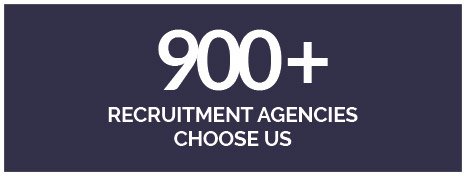HMRC‘s named and shamed tax avoidant umbrella list is growing quickly, as they add a third tax avoidance scheme to the list.
In this article, we’ll uncover more about the list and the HMRC’s history of naming and shaming, and what effect it really has on the named individual.
Back in April, HMRC exercised its powers to name and shame tax avoidant umbrella schemes and their promoters for the first time.
HMRC has conducted the practice of listing the details of tax defaulters on their website for some time in their “Current List of Deliberate Tax Defaulters.” Noting deliberate defaulters where an investigation results in a charge of £25,000 or more, the list includes full name, date of birth, trading details and the amount of tax and penalty charged. The details remain on the HMRC website for 12 months.
There are several ways of avoiding the naughty list though, fully cooperating with the HMRC is just one of them. As a result, critics argue that the list probably doesn’t include some of the highest owing defaulters. People also question whether many people, other than tax experts or accountants, would really spend any time reading the HMRC list.
For these reasons, there is a question mark over how effective naming and shaming is as a deterrent.
Despite the concern over efficacy, and following a period of consultation on umbrella companies, HMRC vowed to list tax avoidance schemes and their promoters earlier this year. The HMRC’s ‘Don’t Get Caught Out’ campaign is their first move towards protecting contractors from the dangers of dodgy umbrella companies.
Both compliant umbrella companies and umbrella critics argue that it’s not enough, especially with the delay to the employment bill, which many had hoped would provide even more protection.
It is arguably better than nothing though and having already added two tax avoidant schemes to the list in April (as well as one promoter), this latest addition makes three.
HMRC provides a detailed explanation of how each of the scheme’s work, usually a convoluted process which involves part paying contractors through tax free “options, advances or loans.” It is the reduction in tax that is attractive to contractors, many of whom are already strapped for cash. But the tax avoidant umbrella companies usually pocket any “savings,” leaving the contractor to foot the bill.
HMRC advises contractors to withdraw from the listed tax avoidance schemes immediately and contact HMRC as soon as possible to avoid being left with hefty unpaid taxes.
HMRC’s Director of Counter Avoidance, Mary Aiston, said “Tax avoidance schemes are advertised as clever ways to pay less tax when, in reality, they rarely work as the promoters promise. And it is the users that end up with big tax bills.”
JMK welcomes anything that can be done to protect contractors, raise standards in the umbrella industry and allow compliant umbrella companies to continue to provide a valuable service. We ensure that our contractors are paid correctly, including the right amount of tax. Talk to us today if you have any concerns at all.


Since 2002, JMK have been compliantly consolidating back-office, accountancy and payroll functions.
We have evolved to provide a range of expert services; such as Funding, becoming a leading provider to the contracting industry.
We know every agency is different in some shape or form, even if only by a little, but important bit. Combining our knowledge and experience of multiple sectors enables JMK to support you all from recruiters and payroll, through to finance, compliance and management.
With JMK as your trusted partner, even the smallest team can process the largest payroll, regardless of payroll type.
Have a look at the wide range of services our Funding can provide to you and your business, it is far more than just payroll and finance.































